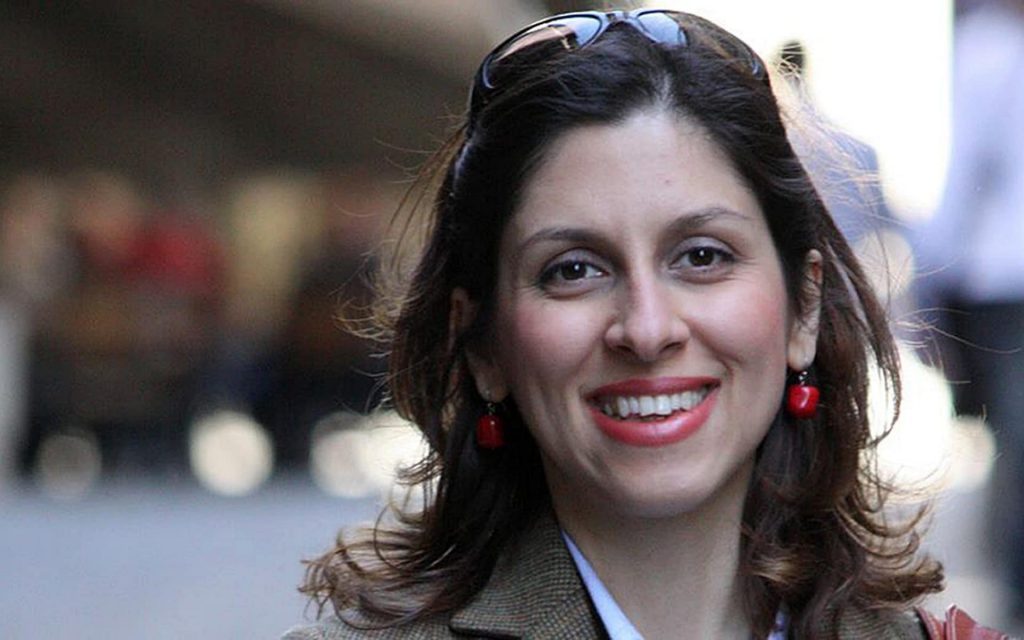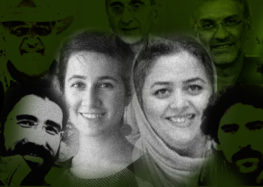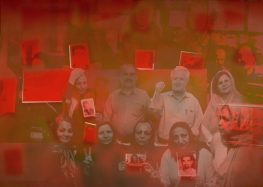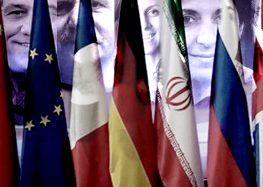Eligible For Release From Prison, Zaghari-Ratcliffe Rejects House Arrest Offer
 Iranian Judge Claims Iranian-British Citizen is Being Held Because of UK Debt to Iran
Iranian Judge Claims Iranian-British Citizen is Being Held Because of UK Debt to Iran
An Iranian-British charity worker imprisoned in Iran since April 2016 has rejected an offer by the Iranian Judiciary to move into guarded house arrest with her young daughter, pointing out that she is eligible for release and that the move would be psychologically harmful to the toddler.
In a statement sent to the Center for Human Rights in Iran (CHRI) on February 22, 2018, Zaghari-Ratcliffe’s husband, Richard Ratcliffe, also revealed that his wife has been kept in prison because of a governmental dispute over the interest rate of an old debt owed by the UK to Iran.
“So there is no ambiguity on the family’s perspective, in either Iran or the UK, putting Nazanin and Gabriella [daughter] under armed guard house arrest while negotiations are extended is not progress,” said Ratcliffe. “It is not in their interests, even if it is more plausibly in the interests of both governments.”
Ratcliffe added that Judge Abbasi, the Judge of Judicial Affairs in Evin Prison, told Zaghari-Ratcliffe that the British government said it would pay the debt but there is still a dispute over calculating the interest rate. The judge added that the Iranian Foreign Ministry and UK officials are finalizing the calculation of the interest owed on the debt.
The UK reportedly owes 300 million pounds to Iran in a debt stemming from the Iranian government’s purchase of hundreds of British Chieftain tanks in 1976 that were never delivered.
“I think this carries a risk of negotiation narcissism – both governments wrapped up in the bubble of negotiations over international affairs, risking an atrophy of real lives,” said Ratcliffe.
Ratcliffe’s statement coincided with a visit to London on February 21, 2018, by Iranian Deputy Foreign Minister Abbas Araghchi, whom Ratcliffe attempted to deliver a letter to by placing it outside the Iranian Embassy in London that same day. He also delivered letters by Amnesty International campaigners.
The embassy officials declined to receive the letters personally but picked them up them after Ratcliffe and supporters had left the scene.
“I appreciate you are not in London primarily to talk about Nazanin, but Iran’s foreign policy priorities – as you said in Paris, you need to progress the nuclear deal before other issues,” wrote Ratcliffe in the letter to Araghchi.
“However, when you are meeting the politicians and government officials and business leaders to progress these other issues, I hope for Nazanin you also find a way forward,” he added.
“I hope it is also a foreign policy priority – that it is a priority for both countries to ensure that their citizens are no longer used as political pawns,” said Ratcliffe.
A researcher for the Thomson Reuters Foundation in London, Zaghari-Ratcliffe was arrested in Tehran in April 2016 while waiting for a flight back home with her two-year-old daughter after visiting family. She is serving a five-year prison sentence on unspecified espionage charges.
Zaghari-Ratcliffe became eligible for early release according to Iranian law in November 2017; however, at the time she was told she could face additional years in prison for new charges that appear to have never been brought.






